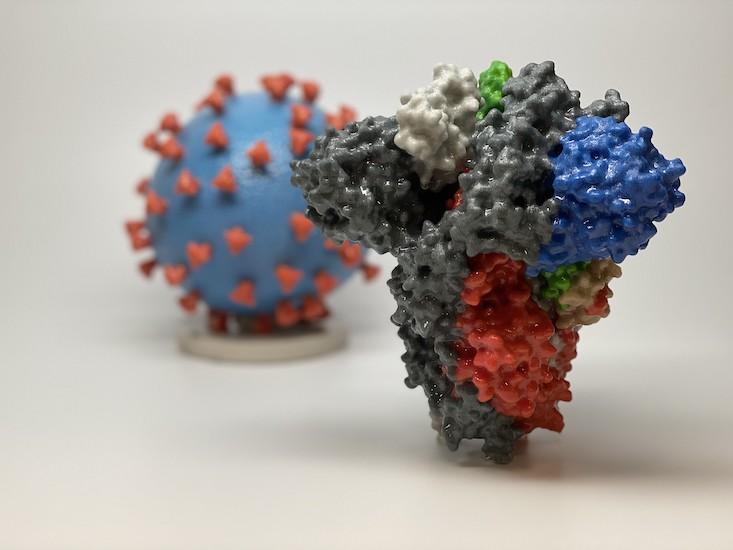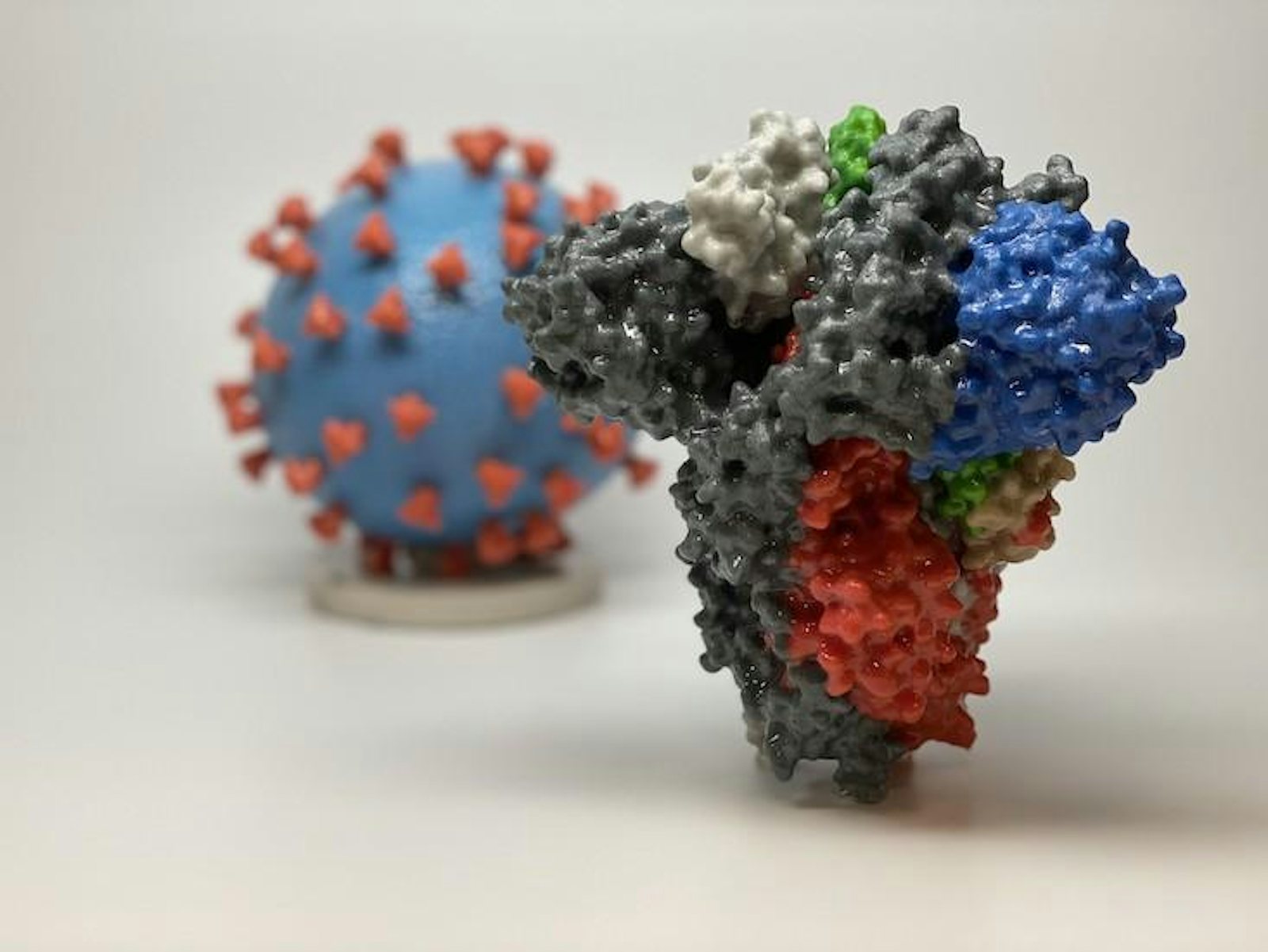
Is there a vaccine for SARS-CoV-2? The internet is awash with articles and posts seeking to shed light on this very question.
Currently, there is no approved vaccine against SARS-CoV-2. While several companies have announced vaccine candidates in development, it is still unlikely that a vaccine will play a significant role in the current outbreak.
In the United States, vaccine candidates cannot proceed through the appropriate preclinical, clinical, regulatory, and manufacturing pipelines in a mere few weeks. Typically, under non-outbreak circumstances, vaccine development can cost up to $1 billion or more, and it often takes many years to reach approval.1 That being said, certain allowances can be made in the case of an outbreak, and we are getting better at developing platform technologies that allow for the development of viable candidates at increasingly faster rates.
Globally, the therapeutic pipeline for SARS-CoV-2 contains about 15 potential vaccine candidates.2 These candidates employ various different technologies, including messenger RNA (mRNA), DNA-based, nanoparticles, synthetic, and modified virus-like particles.
The two principal candidates are those being developed by Inovio Pharmaceuticals and Moderna Therapeutics (in partnership with the National Institute of Allergy and Diseases [NIAID]). Both vaccines rely on specific mechanisms that fall under the umbrella term “platform technologies.” That is, both vaccines consist of a primary nucleic construct (in this case RNA or DNA) that is amenable to the insertion of pertinent genetic sequences from a virus of interest so that the construct can be adapted for use against various different viruses. They are platforms that allow for more efficient development of vaccine candidates against emerging viruses, such as SARS-CoV-2.
Both candidates are partially funded by the Coalition for Epidemic Preparedness Innovations (CEPI), a global partnership between public, private, philanthropic, and civil society organizations that possesses the resources to fast-track the development of vaccines against emerging infectious disease and enable access to these vaccines during outbreaks. While it will likely take a year or more for the majority of the vaccine candidates to initiate Phase I clinical trials, those funded by CEPI are able to accelerate these timelines.
The Inovio vaccine is a DNA-based vaccine. It is in the preclinical stage of development, and phase I testing is projected to occur in the next few months. Phase I clinical trials for vaccines typically include 20-100 healthy volunteers who are administered a vaccine candidate for the purpose of evaluating safety and determining ideal dose.
The Moderna-NIAID vaccine is a mRNA vaccine. Typically, mRNA vaccines include an open reading frame (ORF) for the target antigen and are flanked by untranslated regions (UTRs) with a terminal poly(A) tail.3 Theoretically, after vaccine delivery, mRNA vaccines are translated to drive transient expression of antigen to promote an immune response.
Recently, Moderna escalated development and sent vaccine to NIAID to begin the process of initiating a phase I trial to test the safety and immunogenicity of the vaccine. The trial is projected to begin at the end of April, with preliminary results in July or August.4 The time it took Moderna to develop and prepare the vaccine after learning of the virus’ genetic sequence from Chinese scientists in January is extraordinary. Following the outbreak of SARS-CoV in China in 2002, it took approximately 20 months for NIAID to get a vaccine into the first stage of human testing, according to NIAID Director Anthony Fauci.
Yet, it is still unclear whether Moderna’s vaccine candidate will provoke a sufficient immune response to be effective against SARS-CoV-2. The premise of gene-based platform technologies rests on the ability to target segments of the viral genome that are involved in provoking host immune response. Although we can make well-informed choices on what sequences provoke immunogenicity, we won’t know if the optimal sequence has been selected until human trials are completed. So too, there is no precedence for a vaccine of this kind since there are not yet any approved human vaccines that use this gene-based technology .
Virologist Jose Esparza commented the following on Moderna’s vaccine candidate: “The rapid manufacturing of the RNA vaccine is great. But preclinical experiments are important to assess safety before carefully moving ahead with small phase I trials in human volunteers. Special attention should be placed to a potential Antibody Dependent Enhancement of Infectivity triggered by the induction of binding but no neutralizing antibodies.”
Indeed, the fast development of a vaccine and imminent phase I testing do not guarantee its efficacy. We will not know until after human trials whether the sequence Moderna and NIAID selected provokes a sufficient immune response to impart protection. And, even if the first studies show encouraging results, the vaccine might not be widely available until 2021 due to the later phase clinical trials and regulatory supervision that will be required to allow for its use in the general public.
Helen Stillwell is a research associate in David Hafler’s immunobiology lab at Yale University.
References
1. Dunn A. The Wuhan coronavirus has now claimed more lives than SARS. Top scientists told us it could take years and cost $1 billion to make a vaccine to fight the epidemic. Business Insider. (2020). https://www.businessinsider.com/wuhan-coronavirus-vaccine-could-take-years-timeline-and-cost-2020-2.
2. Pang J, Wang MX, Ang IYH, Tan, SHX, Lewis RF, Chen, JI, Gutierrez RA, Gwee SXW, Chua PEY, Yan Q, Ng XY, Yap RKS, Tan HY, Teo YY, Tan CC, Cook AR, Yap JCH, Hsu LY. Potential Rapid Diagnostics, Vaccine Therapeutics for 2019 Novel Coronavirus (2019-nCoV): A Systematic Review. J. Clin. Med. (2020) 9(3). doi: 10.3390/jcm9030623.
3. Zhang C, Maruggi G, Shan H, Li J. Advances in mRNA Vaccines for Infectious Diseases. Front. Immunol. (2019). doi: 10.3389/fimmu.2019.00594
4. Loftus P. Drugmaker Moderna Delivers First Experimental Coronavirus Vaccine for Human Testing. The Wall Street Journal. (2020). https://www.wsj.com/articles/drugmaker-moderna-delivers-first-coronavirus-vaccine-for-human-testing-11582579099.
This post was originally published on virology blog, and is reprinted with permission.






























